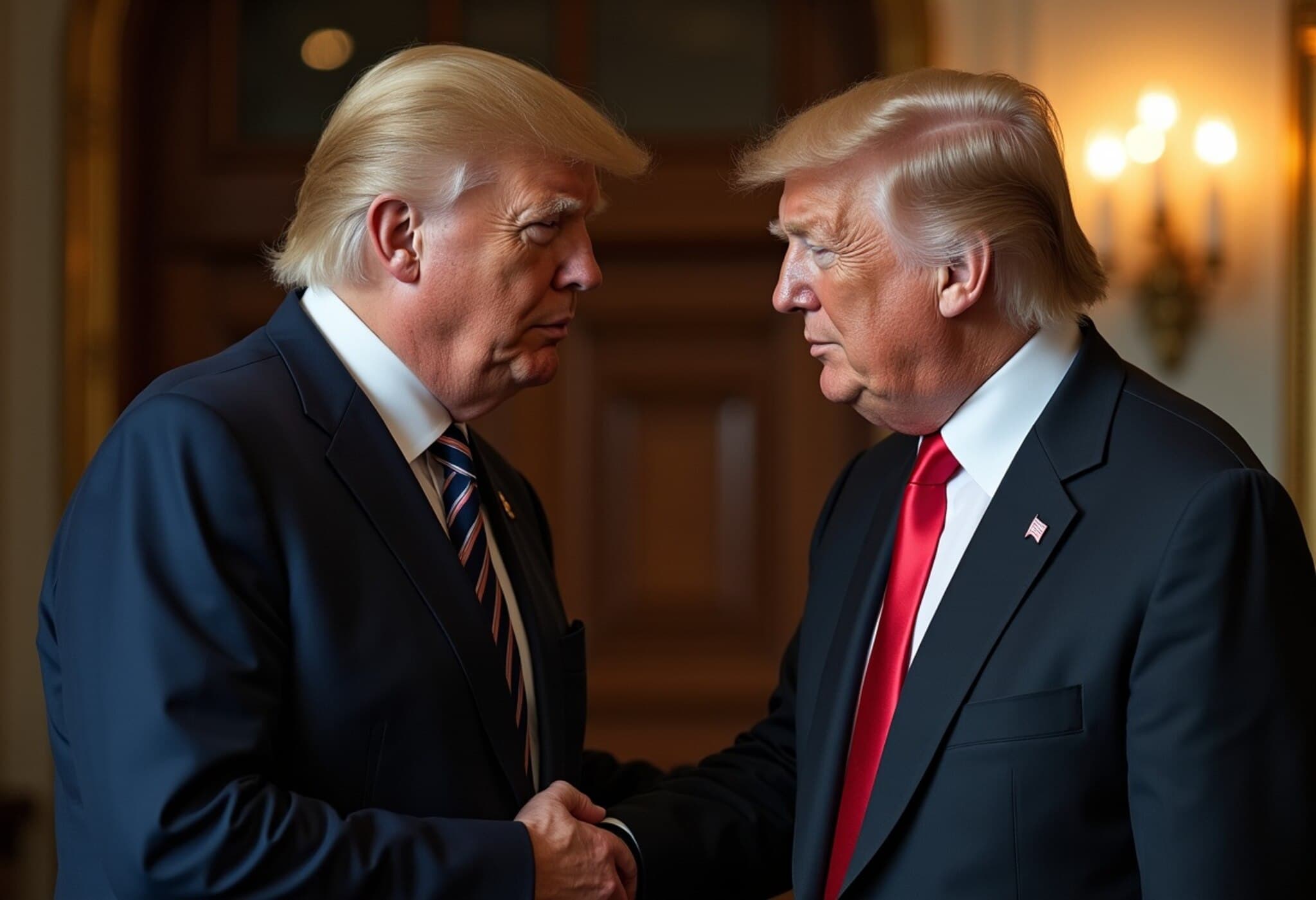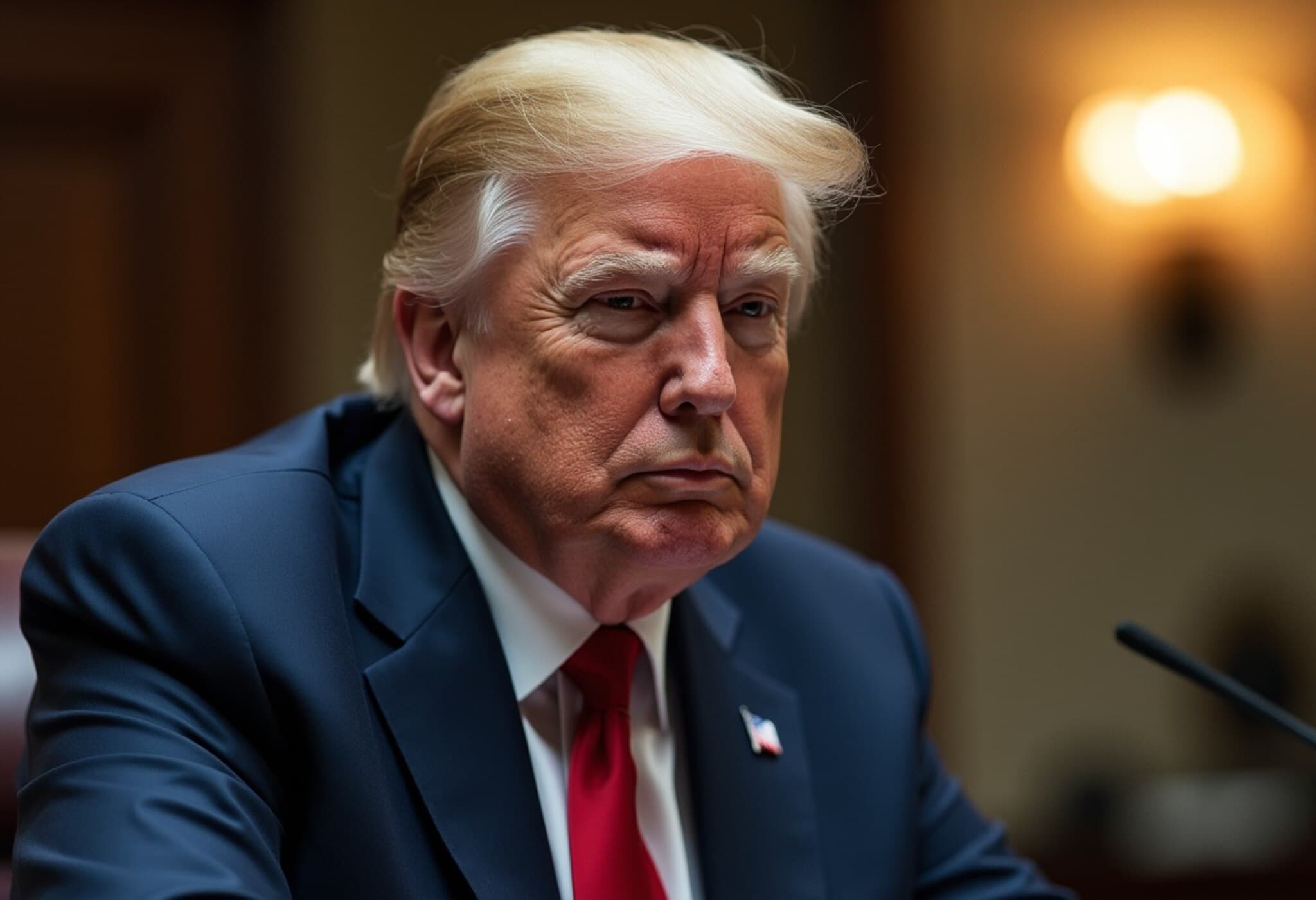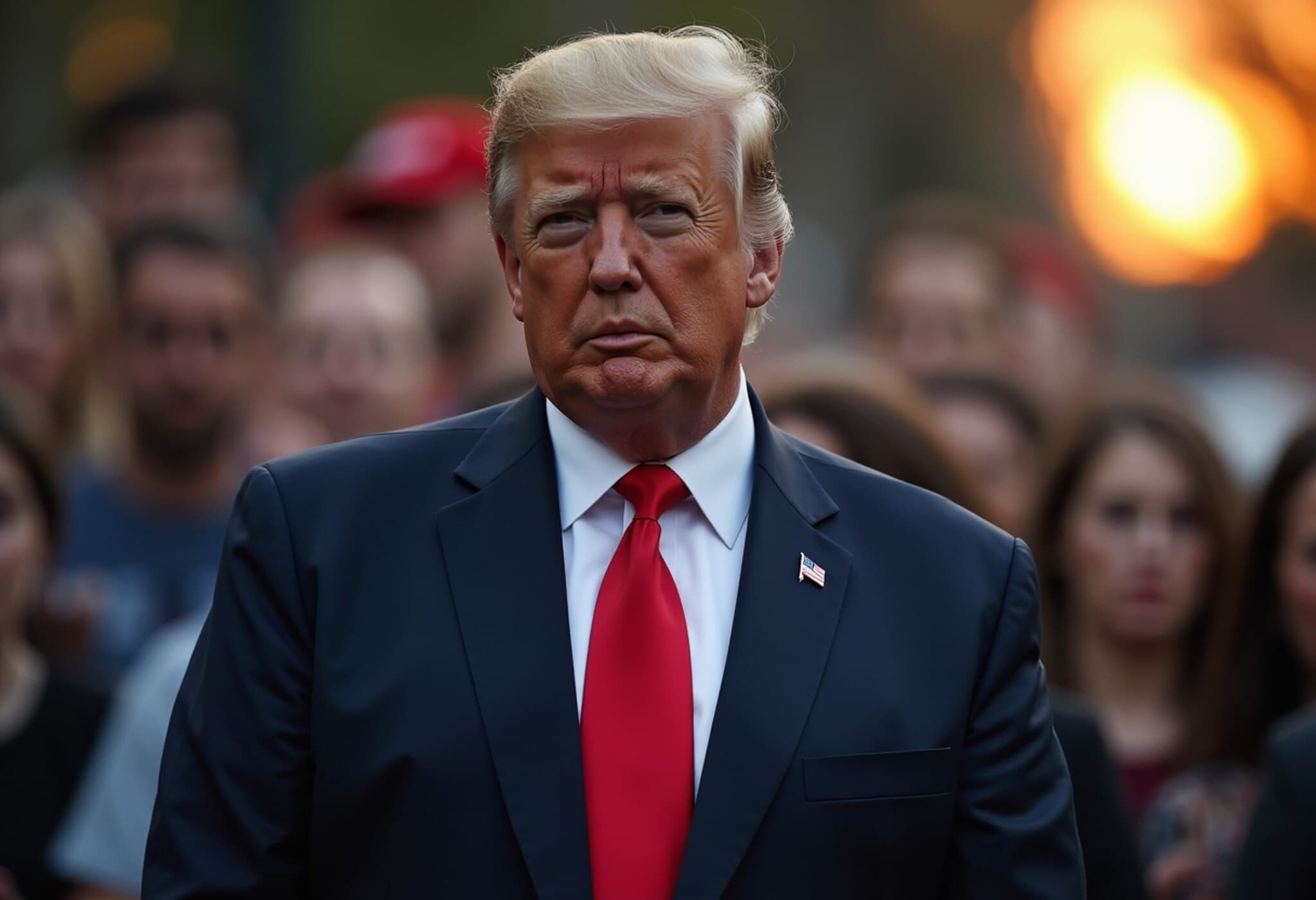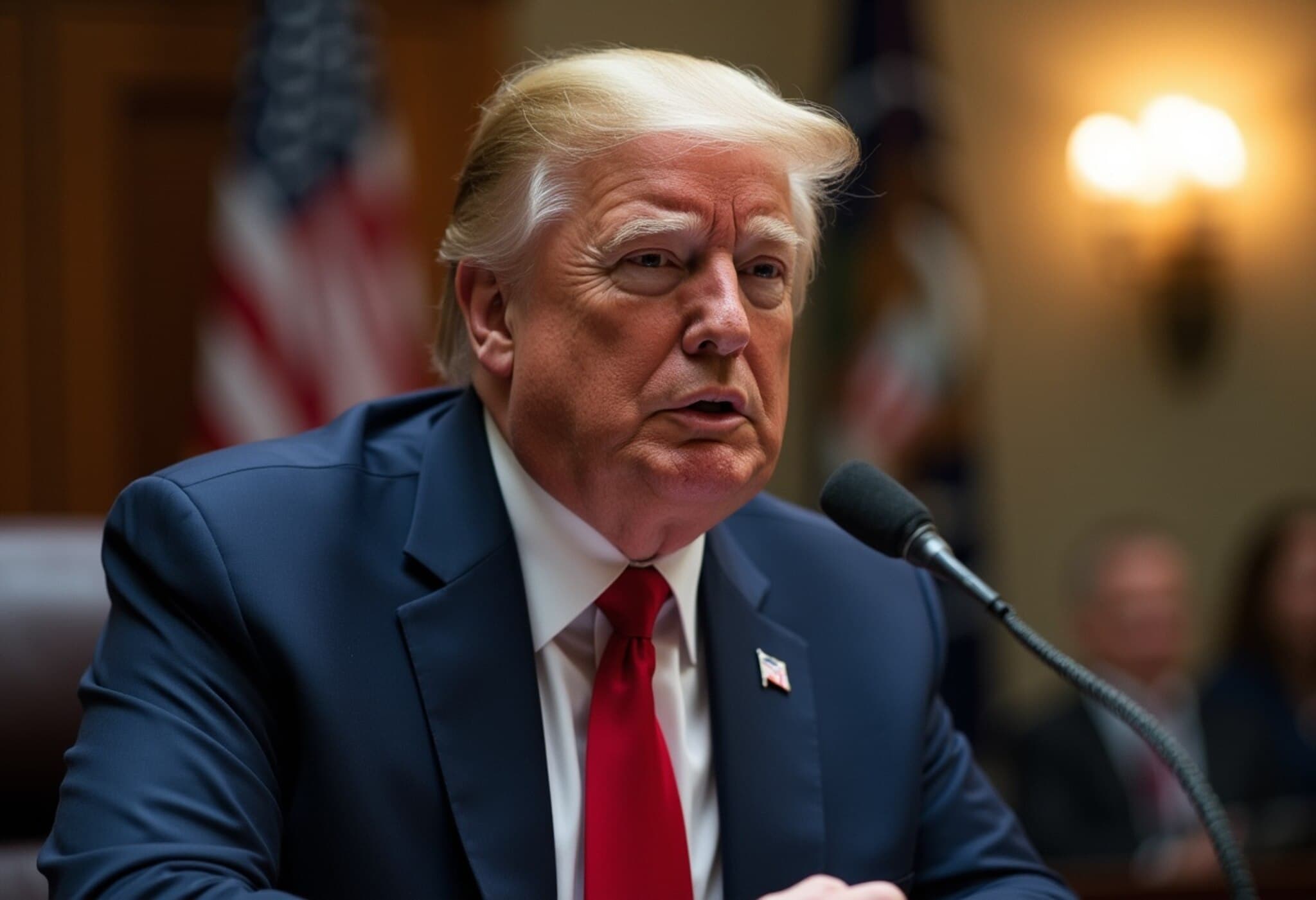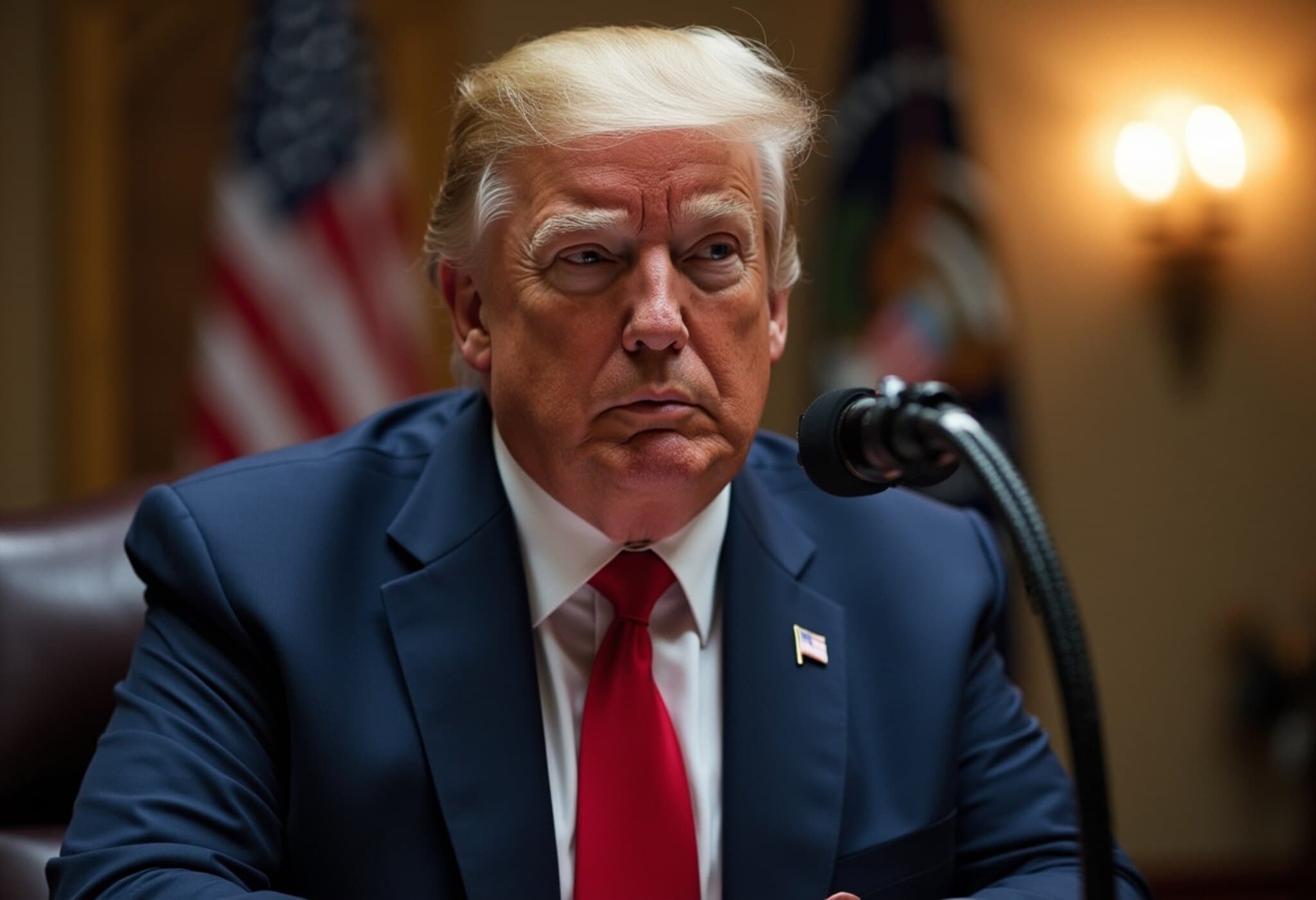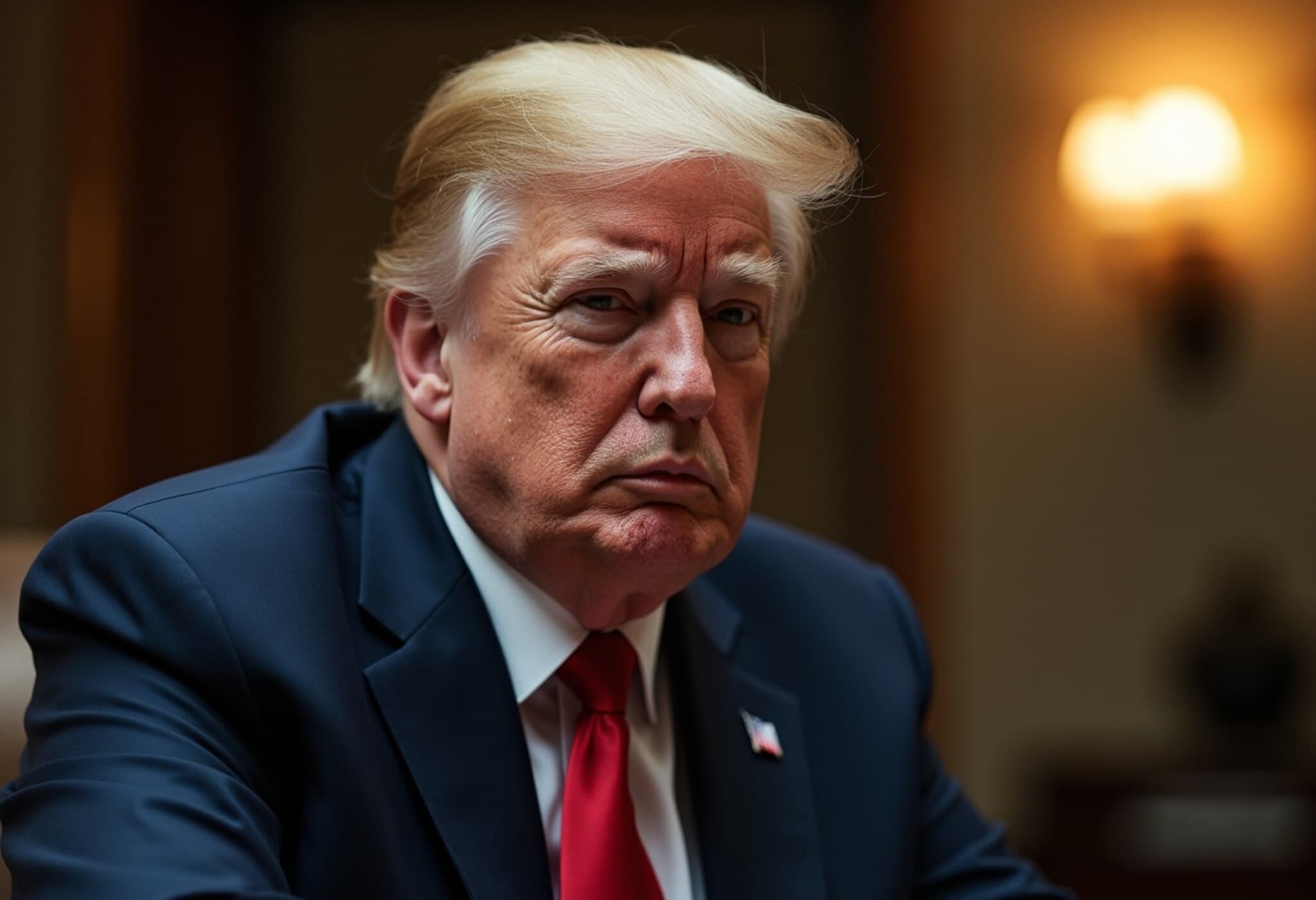An Accuser’s Perspective Sheds Light on Trump’s Possible Role in Epstein Investigations
In the shadowy and complex world surrounding Jeffrey Epstein’s criminal activities, the voices of accusers like Maria Farmer offer crucial insights into the wider circle of influential figures linked to Epstein – including former President Donald Trump. Farmer’s early complaints to law enforcement, dating back to 1996, not only detail disturbing abuses but also highlight her concerns about Epstein’s powerful acquaintances, raising important questions about the scope and transparency of related investigations.
Maria Farmer’s 1996 Encounter and Report to Authorities
Maria Farmer, an artist in her mid-20s at the time, first approached the New York Police Department and later the FBI in 1996 after alleging sexual assault by Jeffrey Epstein and his close associate, Ghislaine Maxwell. Her report extended beyond personal victimization; it included a troubling episode experienced by her teenage sister, Annie Farmer, at Epstein’s New Mexico ranch.
During her conversations with law enforcement, Maria brought up Epstein’s pattern of targeting young women while cultivating relationships with high-profile figures—among them Donald Trump and Bill Clinton. Significantly, she mentioned Trump by name in interviews conducted both in 1996 and again in 2006, underscoring her belief that his association with Epstein merited closer scrutiny.
The Night at Epstein’s Manhattan Office: A Haunting Memory
One of the most striking elements of Farmer’s narrative is her account of a late-night encounter in 1995 at Epstein’s New York office. She recalls arriving casually dressed when Trump unexpectedly appeared in a suit and focused attention on her bare legs, an interaction that made her fearful. Epstein reportedly intervened, signaling clearly that Farmer was "not here for you," before Trump left, allegedly commenting he thought she was just 16 years old.
While this moment left a lasting impression on Farmer, she noted she never witnessed Trump engaging in inappropriate behavior with others and that her concerns were rooted in the broader implications of Epstein’s social network rather than specific criminal acts by Trump himself.
Law Enforcement Response and the Challenge of Transparency
Despite her early and repeated reports, Maria Farmer’s disclosures have largely remained outside the public eye. The FBI’s files – known to be extensive but heavily redacted – have not clarified how seriously these warnings were pursued, nor have they revealed if Trump’s name triggered any focused investigation.
- Law Enforcement Silence: No official charges or accusations have been made against Trump in connection with Epstein’s crimes.
- Public Calls for Disclosure: Trump himself has urged the release of grand jury testimonies related to Epstein, claiming innocence and transparency.
- Gaps & Redactions: Much of the investigative material remains classified or incomplete, leaving unanswered questions.
The intricacies of such investigations often mean that vast amounts of information never see courtroom proceedings, a situation that both frustrates victims and fuels conspiracy theories about elite cover-ups.
Reexamining Epstein’s Web: What Lies Beneath?
Epstein’s complex web intertwined wealth, political influence, and alleged exploitation, with figures like Trump appearing in flight logs, social photographs, and news reports documenting their public association. Yet, Epstein’s prosecution rarely focused on these connections, and his sudden death in jail only deepened public suspicion about the full extent of his network.
Maria Farmer’s story places a human face on these dynamics, suggesting that early warnings about troubling relationships were raised but possibly downplayed. Her experience invites broader reflection on how justice systems handle cases involving powerful suspects and victims.
Official Responses and Political Context
The White House and Trump’s communications team have categorically denied Farmer’s claims about the office encounter, emphasizing Trump’s prior severing of ties with Epstein. Meanwhile, federal authorities, including former Attorney General Pam Bondi and FBI leadership, have maintained that investigations found no actionable evidence implicating others close to Epstein.
However, advocacy groups and some victims’ supporters argue that the public deserves a fuller accounting, especially given lingering doubts about the depth and impartiality of the investigations.
Why Maria Farmer’s Account Matters Today
As public discourse revisits the Epstein case amid calls for more transparency, Farmer’s testimony remains a vital touchpoint. It illustrates how victims’ voices often struggle against institutional barriers, political pressures, and the complexity of criminal networks.
Her narrative not only deepens our understanding of the Epstein scandal’s reach but also spotlights the ongoing challenge: ensuring that allegations involving powerful individuals are thoroughly investigated, without bias or omission.
Editor’s Note
This story exemplifies the difficult terrain between documented law enforcement action and unpublicized intelligence in high-profile cases. Maria Farmer’s persistent efforts decades ago raise crucial questions about accountability and transparency in investigations involving elite figures. Readers are invited to consider how political influence shapes legal processes and reflect on the importance of safeguarding victims’ voices in the quest for justice.










